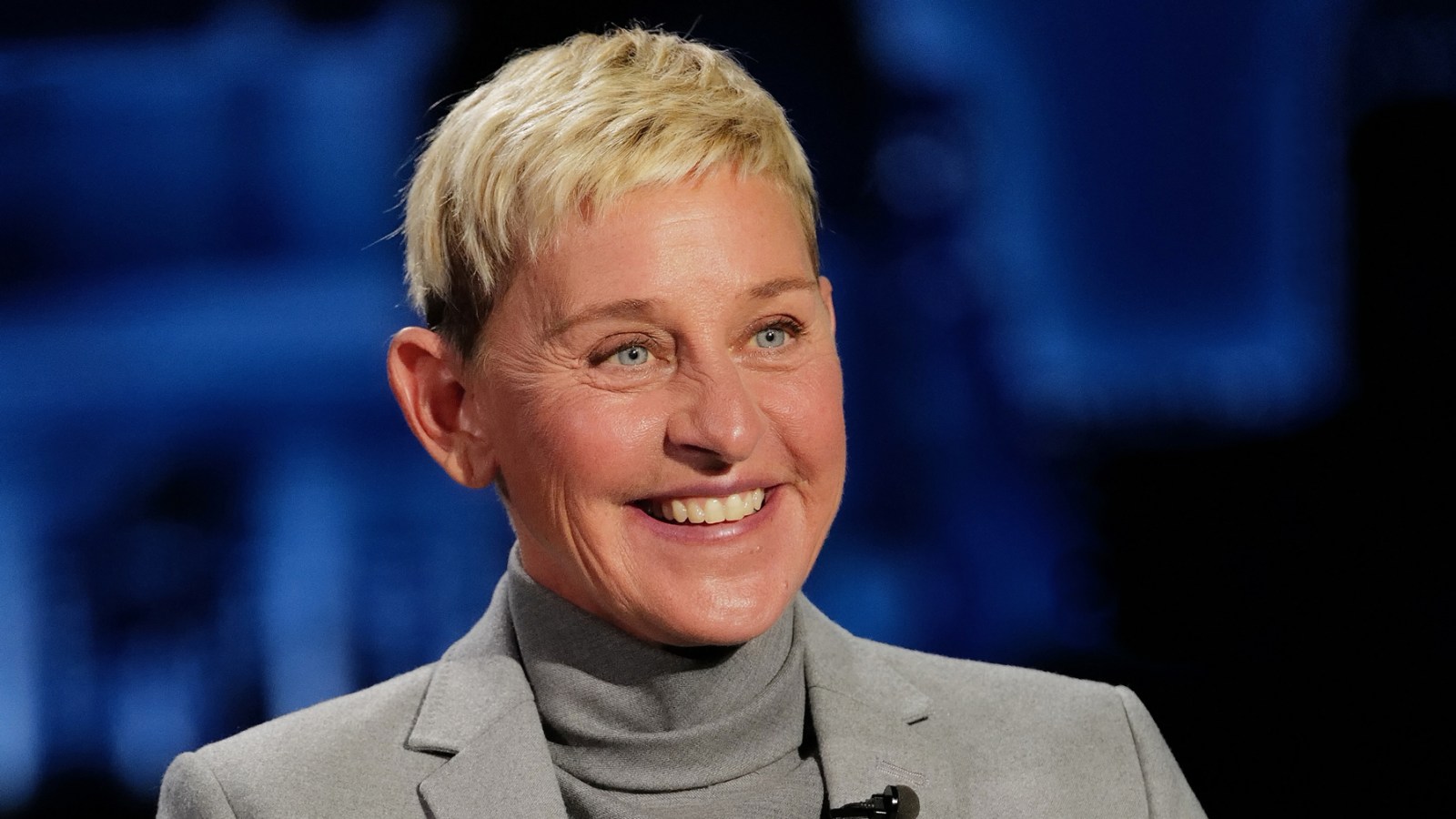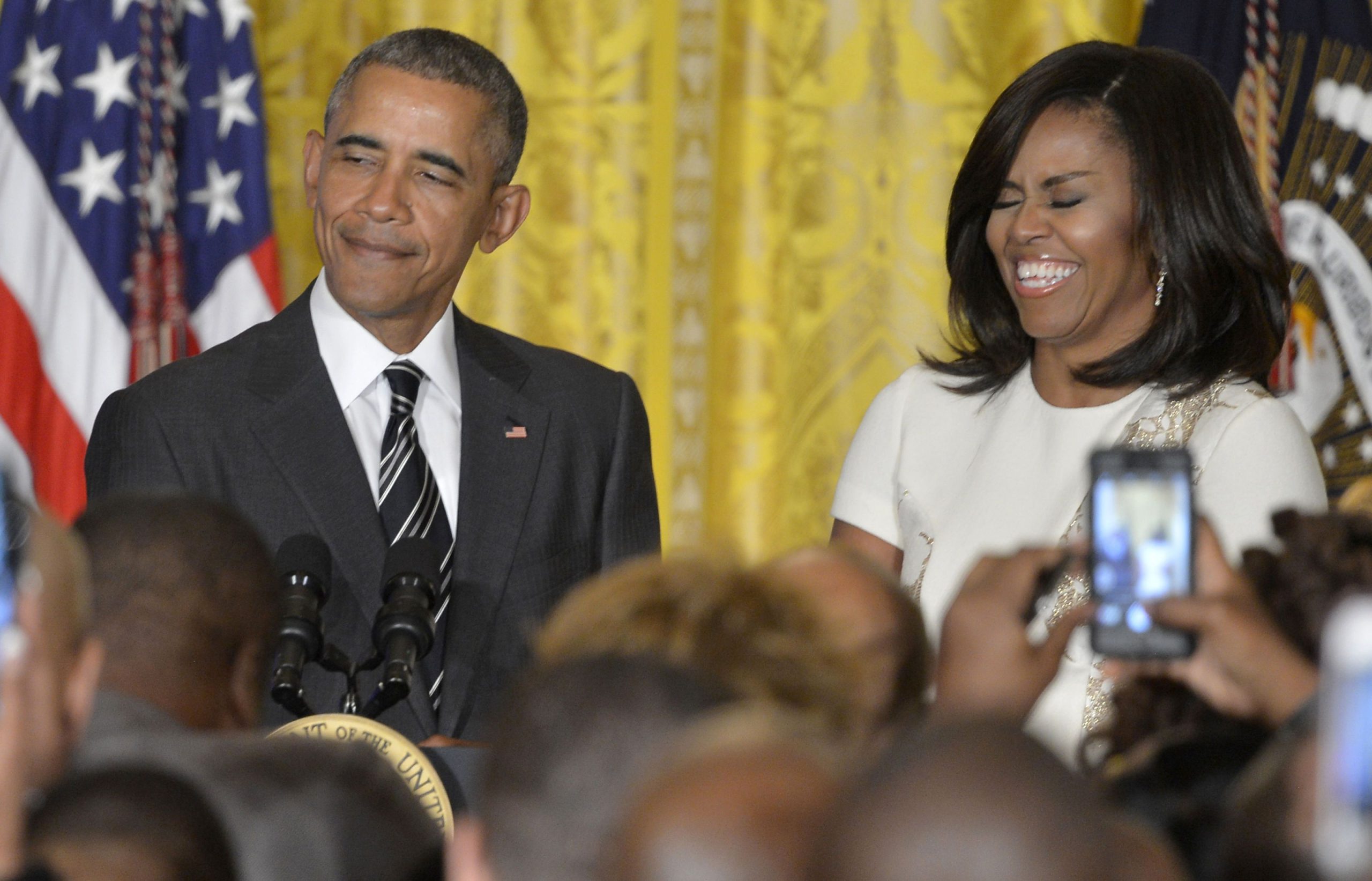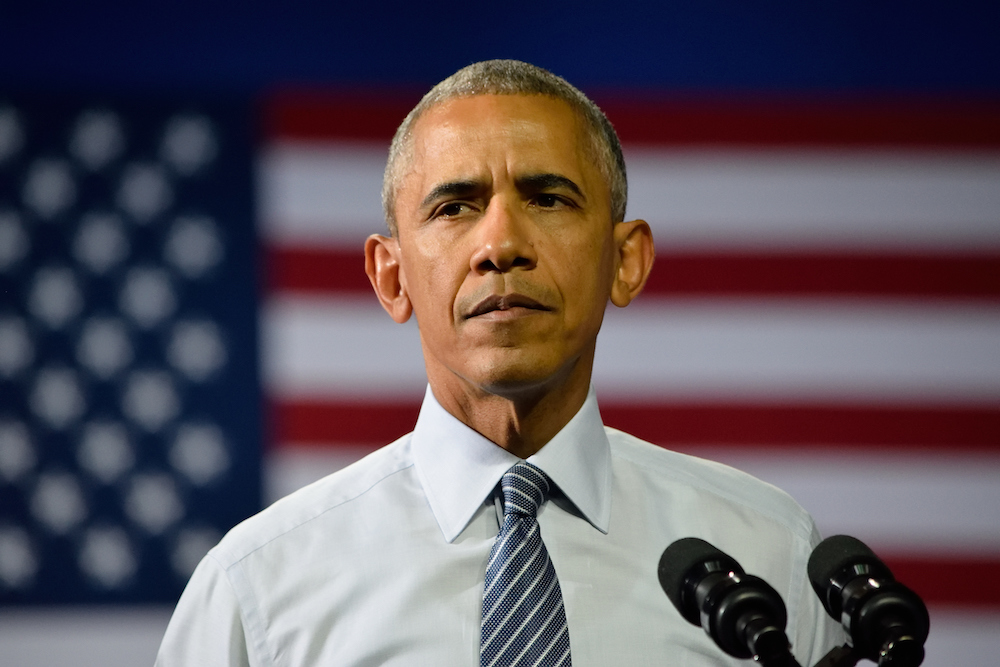
Few celebrities have quite as much experience with crisis PR as Ellen DeGeneres. As anyone who was sentient in 1997 will recall, she confirmed years’ worth of rumors about her sexual orientation on the cover of a certain magazine: “Yep, I’m Gay.” It was a transitional moment for LGBTQ people in mainstream American culture, and DeGeneres’ coming out still, unfortunately, qualified as a controversy. The backlash killed her ABC sitcom, Ellen. But after a few rough years, she returned to the more queer-friendly media landscape for which her coming out helped pave the way, with an upbeat daytime chat show. The Ellen DeGeneres Show made her one of pop culture’s most beloved figures—until, in 2020, reports surfaced that she presided over a “toxic workplace.” In the spring of 2022, the series wrapped and DeGeneres once again vanished from our TVs.
Now she’s doing what every extremely famous stand-up these days does to address an elephant in the room: a Netflix special. Yet Ellen DeGeneres: For Your Approval, now available to stream, is not, according to the 66-year-old comedian, a comeback show; it’s a farewell. In a Facebook post announcing the project, she wrote: “To answer the questions everyone is asking me—Yes, I’m going to talk about it. Yes this is my last special. Yes, Portia really is that pretty in real life.” Well, to answer the questions everyone must still have about For Your Approval: Yes, she talks about it—though not in an especially revelatory or introspective or satisfying way. No, the special is not particularly funny, either. Yes, Portia comes on stage for the valedictory curtain call, glamorous as ever.

DeGeneres made her name as a stand-up in the mid-’80s, doing the kind of lighthearted, apolitical comedy that fueled the rise of such peers as Jerry Seinfeld and Ray Romano. The aw-shucks, everywoman charm that made her an endearing talk-show host was on display from the beginning. Four decades later, she seems most comfortable in this same observational mode—though, also like Seinfeld, her wealth and fame palpably strain her ability to find relatable topics. The new special features extended riffs on the frustrations of cars (“Don’t get me started on dashboard lights”) and her well-known fascination with animals (“Everything in nature is living up to its full potential, but I am so disappointed in pigeons”). She spends quite a bit of time pondering the correct pronunciation of the adjective legged: one syllable or two? Personal anecdotes include conspicuous name-drops. How humiliating to arrive early to a party at Usher’s and find oneself helping the staff set up! How very Ellen to miss dinner with Mick Jagger because she’s already changed into sweatpants for the night! I never laughed out loud, but a line about why she relates to chickens elicited a smile: “They lay an egg every day. And as someone who once hosted a daily talk show, I can really appreciate that.”

In fairness, I don’t think most people who tune in will do so for the jokes. Viewers want to hear Ellen talk about it. This is the transaction implicit in all specials of this nature: while the star gets a fat paycheck and a chance to state their case directly to the public, subscribers get the contrition, or just the parasocial intimacy, we crave. And, of course, Netflix gets content guaranteed to attract attention. Chris Rock talked about it, telling us how he really feels about Will and Jada Pinkett Smith in a special that addressed the infamous Oscars slap—one that shares a director, Joel Gallen, with For Your Approval. Aziz Ansari talked about it in his relatively introspective first special after an essay went viral detailing a date in which his sexual advances made the author uncomfortable.
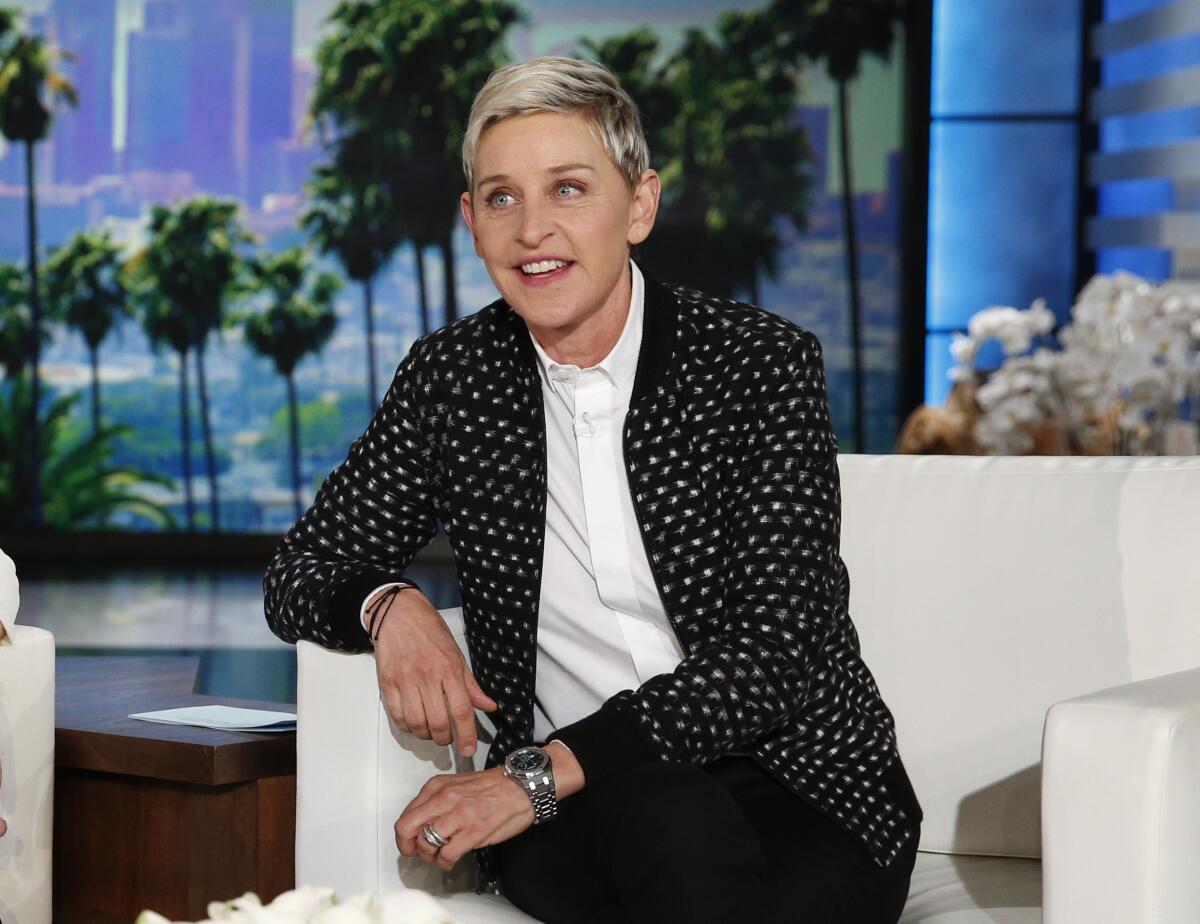
There is often a sorry-not-sorry undertone to performances of the latter variety; like DeGeneres, though a tier less famous, Ansari was accused of bad behavior that fell short of the horrors for which #MeToo had (at least temporarily) obliterated the careers of some powerful men. His special balanced expressions of concern for the woman he evidently hurt and promises that he was working on himself with the argument that we’re all bigger dirtbags that we’d like to think. Ellen’s return to the stage, filmed at Minneapolis’ Orpheum Theatre in August, is even less vulnerable and more self-serving. Fans hoping for accountability or contrition are likely to be disappointed.
DeGeneres spends much of the special speaking, both explicitly and obliquely, about her crisis. She summarizes the incident so simplistically, she might as well be speaking to children: suddenly, everyone started calling her, a woman whose daily signoff was “be kind to each other,” mean. “I got kicked out of show business,” she says. “Because I’m mean. Yeah, you can’t be mean and be in show business.” Point taken—but if you’re not kind, you probably shouldn’t build your entire career on the impression that you are. Also, did DeGeneres really get kicked out of show business? Her talk show survived for almost two years after BuzzFeed published the first of two exposés on The Ellen DeGeneres Show’s workplace culture. Jennifer Aniston, Billie Eilish, and Pink were unfazed enough by the controversy surrounding the host to fête her on the series finale. And two years after all that, she’s back on our screens with a much-anticipated special filmed in front of a live audience so effusively supportive, you’d think she’d given them all cars of their own to complain about.
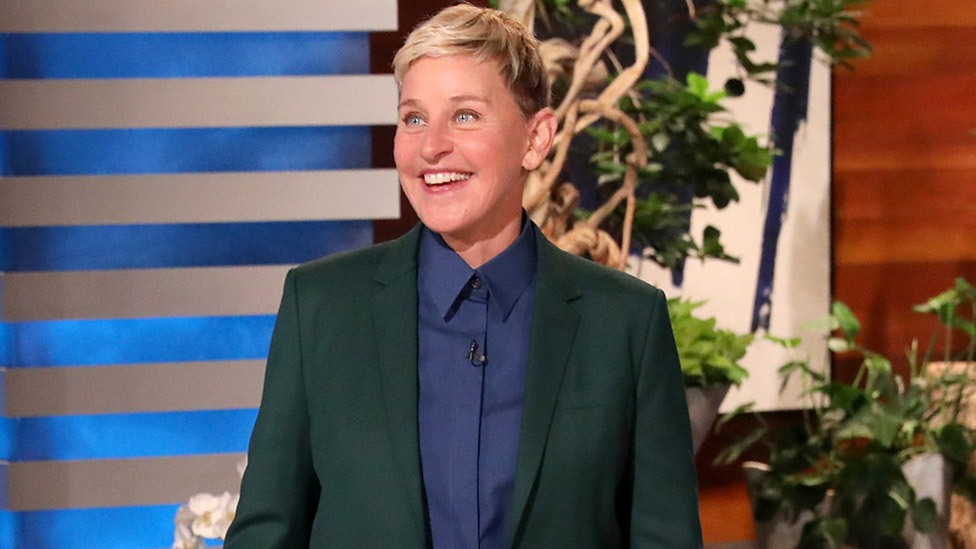
So, what does DeGeneres have to say for herself? First of all, she wants us to know that the show’s staff were like family and that 16 of them who’d previously identified as straight came out as queer over the course of 19 seasons. (What are we supposed to do with that information?) Throughout For Your Approval, she offers excuses for what she never quite admits might’ve been chaos on her set, along with several disclosures that seem intended to evoke sympathy. Ellen has OCD and ADD, she tells us, along with the need to “heal childhood wounds” by earning the love of strangers. Also: “I was a very immature boss. Because I didn’t want to be a boss.” (Who was forcing her?) In her strangest yet, somehow, most direct response to the accusations, she explains that she enjoyed pranking not just guests, but also anxious underlings with, for instance, a button in her office that could trigger faux snakes to drop from the ceiling. “Scaring was just a big component of the show.”
Not that she’s taking much responsibility for what allegedly happened on her watch. For DeGeneres, the whole debacle is really about learning not to care what people think; she used to get Botox and fillers, for instance, and now she’s au naturale. This is the first hint that she is, God help us, spinning her non-cancellation as a feminist issue. Soon, she’s lamenting that men are allowed to be mean bosses, but women aren’t. (A world where bosses of all genders get to act like dictators is probably not what Simone de Beauvoir had in mind.) “We have all these unwritten rules, based on gender, of acceptable behavior,” she says. Gender-atypical behavior makes people uncomfortable, and “when people get uncomfortable, there are consequences.” For Your Approval climaxes with DeGeneres reflecting that she’s “happy not being a boss or a brand or a billboard—just a multifaceted person,” then proclaiming “I’m a strong woman” to thunderous applause. By the end of the sermon—this part of the special is not even trying to be comedy—I was powerless to stop myself from mentally inserting Katy Perry’s “Roar” as a soundtrack.

All of this would be irritating to listen to but relatively benign if the reports from The Ellen DeGeneres Show set hadn’t been so alarming. The comedian never repeats the specific accusations about what happened behind the scenes; even those who followed the story at the time may have, by now, forgotten the details, which surely helps her create the impression that some jerks randomly decided to destroy her life by calling her mean. In fact, dozens of the talk show’s former and then-current staffers described, in the BuzzFeed articles, a hostile workplace environment defined by “racism, fear, and intimidation” as well as incidents of “harassment, sexual misconduct, and assault from top producers.” In 2020, the New York Times reported that, amid “staffing changes” made in the wake of those pieces, DeGeneres apologized to employees in an email acknowledging their unhappiness, claiming to have “deep compassion for those being looked at differently, or treated unfairly, not equal, or—worse—disregarded,” and vowing to do better. The following May, she announced that she was ending the show but said that decision had been made years earlier.
I don’t think anyone expected DeGeneres to go item-by-item through the exposés in a comedy special, but if comedy specials are the new confessional magazine covers or Barbara Walters interviews—if she was really so ready to talk about it—then the self-flattering revisionism of For Your Approval is a cop out. Not once does the comedian explain what she means when she says she “got kicked out of show business.” Not once does she spare a thought for the more junior, lower-paid, less-powerful people she admitted, four years ago, that she’d failed. Not once does she admit to anything more than the silly mistakes of an unqualified boss who is nonetheless a strong woman. Not once does she give the impression that she’s contemplated the unrest at The Ellen DeGeneres Show as anything more than something bad that happened to Ellen DeGeneres. I mean, I have no idea whether Aziz Ansari genuinely felt bad about his accuser’s experience on their date, but at least he had the self-awareness to realize he was expected to perform remorse.
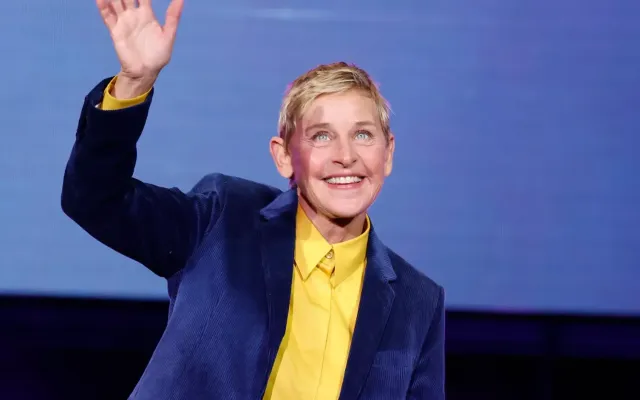
If DeGeneres is right about one thing, it’s that many bad bosses—most of them male, many of them in the entertainment industry—face zero scrutiny for their misdeeds and escape with their legacies intact. No one should be equating the button in her office with the one in Matt Lauer’s, either. The problem with For Your Approval, aside from the fact that it is almost never funny, is that it feels so disingenuous, so calculated to rehabilitate an image and preserve that triumph for posterity. It’s less a comedy special, the best of which arrive at humor through honest insights, than a stump speech.
The good news, for DeGeneres, is that opinions like this one are no longer of concern to her. “Caring what people think, to a degree, is healthy. But not if it affects your mental health,” she says, finally. “So, after a lifetime of caring, I just can’t anymore. So I don’t.” If only she had arrived at that conclusion before writing and performing a 70-minute infomercial to restore her reputation.
The former talk-show host tackled her public cancellation on the first night of her ‘Ellen’s Last Stand…Up Tour’ — which she says will be taped for a Netflix special this fall

As she strode onto the famed comedy stage of the Largo at the Coronet Theater in the heart of West Hollywood on Wednesday night, Ellen DeGeneres was a woman in command. A sold-out crowd of about 200 fans burst into roaring applause, eager to see the comedian turned talk-show host return to her comedy roots on the first night of her Ellen’s Last Stand…Up Tour. And she didn’t disappoint. Dressed in a simple, black long-sleeved shirt, white pants, and sneakers, DeGeneres addressed the elephant in the room with her first words.
“I used to say that I didn’t care what other people thought of me and I realized…I said that at the height of my popularity,” DeGeneres said, prompting the audience to erupt in laughter. “It is such a waste of time to worry about what other people think…Right now I’m hoping you’re thinking, ‘This is marvelous, I’m so happy to be here.’ But you could be thinking, ‘Let’s see how this goes.’”
:max_bytes(150000):strip_icc():focal(716x385:718x387)/ellen-degeneres-green-eggs-and-ham-premiere-091423-2-09ff2fd3a28d4ddda547f3304b2f053f.jpg)
The last few years have been rough for DeGeneres. Her public image took a hit in 2020 following a series of reports by BuzzFeed News (full disclosure: authored by this reporter) in which employees at her long-running Ellen DeGeneres Show alleged racism, sexual misconduct, and intimidation at the hands of executive producers. Three top producers were fired in the fallout, and DeGeneres issued an on-air apology. (While she stated that she had been unaware of the toxic work culture, she acknowledged that “I’m in a position of privilege and power and […] I take responsibility for what happens at my show.”) Still, the show — and her popularity — seemed not to recover. After 19 seasons, The Ellen DeGeneres Show came to an end in May 2022.
Since then, DeGeneres has mostly laid low, save for a 2023 Discovery Channel documentary, Saving the Gorillas: Ellen’s Next Adventure, and some routine social media activity. Ellen’s Last Stand…Up Tour — which so far will include more shows at the Largo through June, before she heads to San Diego, then Washington State, Oregon, and the Bay Area — represents her first meaningful return to public life since the controversy. It will culminate, DeGeneres told the crowd on Wednesday, with a new Netflix special to be taped this fall. (Netflix declined to comment on the news. A representative for DeGeneres did not respond to a request for comment.)
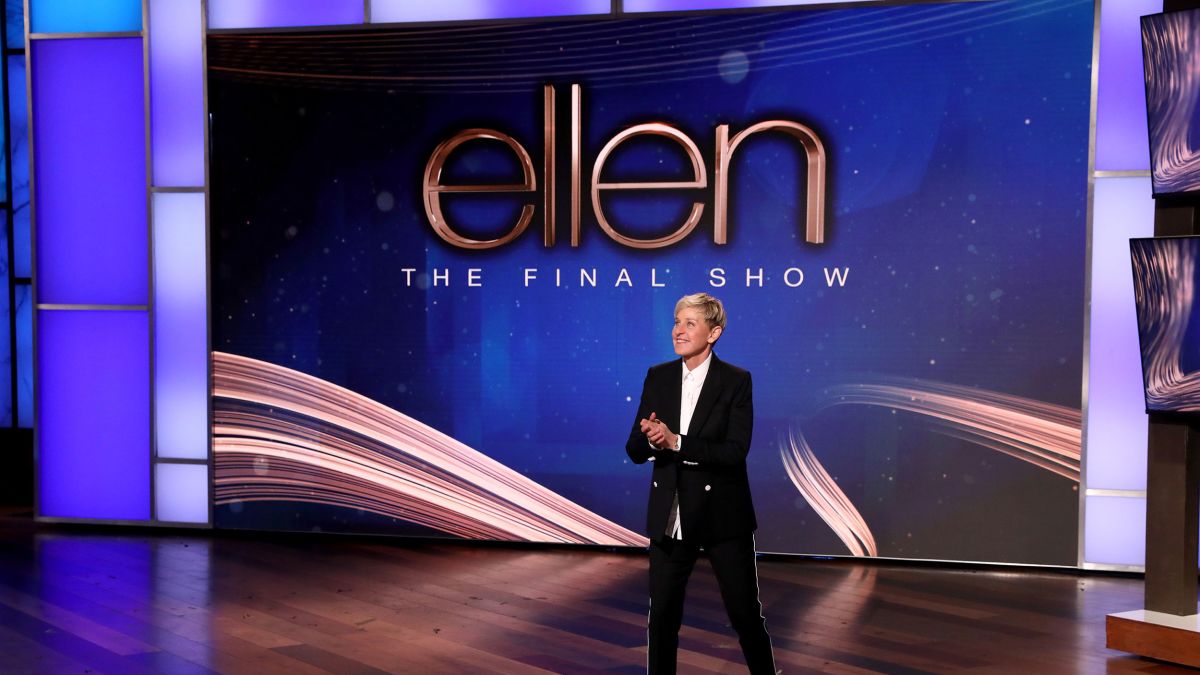
Her Wednesday night set — culled from material DeGeneres said she’s been working on for about six months, including in a handful of performances — kicked off with a recap of what she’s been up to since her talk-show ended: gardening, a lot of sweatpants-wearing, and collecting chickens as pets. She joked that as someone who once hosted a daily show, she appreciates the plight of the chicken who has to lay an egg every day. Still, most of the routine found her grappling with having become Public Enemy No. 1 — a whiplash turn from her once-firm reputation as the happy-go-lucky talk-show host who ended each episode telling her audience to “be kind to one another.”
“What else can I tell you?” she mused, mock-reflecting on her recent past before adding sarcastically, “Oh yeah, I got kicked out of show business. There’s no mean people in show business.”
“The ‘be kind’ girl wasn’t kind,” DeGeneres continued. “I became this one-dimensional character who gave stuff away and danced up steps. Do you know how hard it is to dance up steps? Would a mean person dance up steps? Had I ended my show by saying, ‘Go fuck yourself,’ people would’ve been pleasantly surprised.”
DeGeneres seemed to be still processing her experience of the scandal — both the parts she could have controlled and the parts she couldn’t. She said her colleagues at her Emmy-winning talk show felt like family to her, that she had fun playing pranks on them and scaring her guests with goofy pop-up effects onstage. She also said that she was an immature boss who “didn’t know how to be a boss.”

“I didn’t go to business school. I went to Charlie’s Chuckle Hutt,” DeGeneres joked. “The show was called Ellen and everybody was wearing T-shirts that said ‘Ellen’ and there were buildings on the Warner Brothers lot that said ‘Ellen,’ but I don’t know that that meant I should be in charge.”
She chalked up some of the vitriol she faced at the time to sexism, noting that “there are consequences” for not following the pre-existing rules and gender roles. Referencing the cancellation of her eponymous sitcom in the 1990s after she’d announced to the world that she was gay, she added wryly, “For those of you keeping score, this is the second time I’ve been kicked out of show business…Eventually they’re going to kick me out for a third time because I’m mean, old, and gay.”
The demise of her talk show seems especially painful for DeGeneres since, as she described in her set, it had been her way back to being embraced after her Nineties exile. “I’m giving stuff away…and I danced, then I was mean and they didn’t like me again,” she said. “It’s been such a toll on my ego and my self-esteem. There’s such extremes in this business, people either love you and idolize you or they hate you, and those people somehow are louder.”
As a 66-year-old woman, DeGeneres said she’s also grown increasingly aware of the aging process both physically and mentally. She finds herself thinking about existential subjects like time and the universe, and said her doctor recently told her she has osteoporosis and arthritis. Plus, she joked, now she’s at a point in her life where she’s obsessing over Wheel of Fortune.
This line of thinking led to poignant moments, as when she mentioned that her mother has dementia and drew a parallel between them, pointing out that they’re both losing a sense of self: The talk show had been DeGeneres’ whole identity and her mother’s identity was being her mother, she said. “And now my mother doesn’t know she’s my mother and I’m trying to figure out who I am without my show.”
Bringing up chickens as another metaphor for women and gender roles, DeGeneres made her point with “one last chicken joke,” as she put it. “Why did the chicken cross the road? Because she wanted to and you wouldn’t ask a rooster that.”
At the conclusion of her set, the crowd gave DeGeneres a standing ovation, prompting her to return to the stage for a candid conversation with the audience. DeGeneres called on people one by one as they asked questions and shared messages of gratitude. One same-sex couple said they had gotten married earlier that day and asked for marital advice. (DeGeneres’ wife of 16 years, Portia de Rossi, briefly made an appearance onstage during the Q&A, at fans’ request; DeGeneres explained that the last few years had been very tough on de Rossi as well, saying, “We were both just laying low for a while.”) One woman thanked DeGeneres for her original Netflix comedy special (2018’s Relatable) because it made her mom laugh when she was diagnosed with cancer. Another woman expressed her thanks to DeGeneres for participating in her autistic daughter’s bat mitzvah. One person who said they’d been inspired by DeGeneres’ positivity asked if she used dancing as a means of escape during her recent tough period.
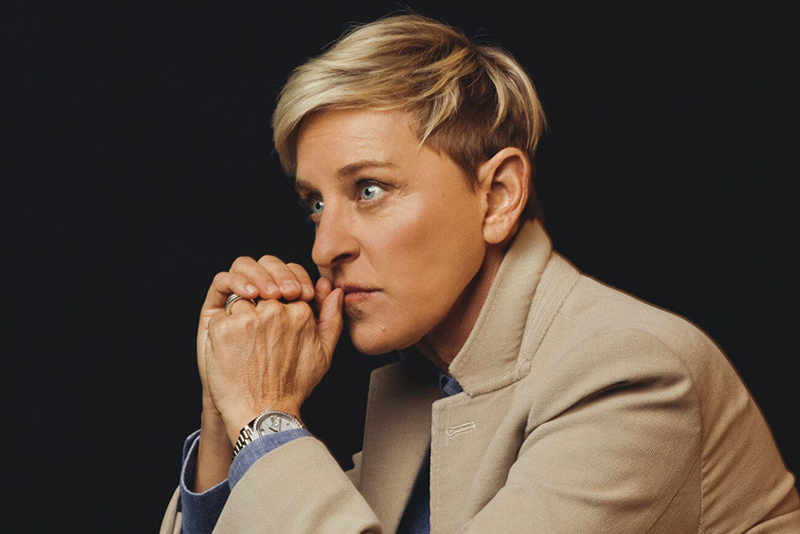
“No. It’s hard to dance when you’re crying,” DeGeneres replied. “But I am dancing now.”
DeGeneres flashed another moment of sensitivity and bewilderment when a fan asked if her first go-round with public scrutiny after coming out prepared her for the next one, when The Ellen DeGeneres Show collapsed.
“This was a whole different thing,” she replied. “This was like, ‘What is going on?’ It was so hurtful. I couldn’t gain perspective. I couldn’t do anything to make myself understand that it wasn’t personal… I just thought, ‘Well this is not the way I wanted to end my career, but this is the way it’s ending.’”
DeGeneres added that it took her a long time to figure out what she wanted to say on the topic and how she wanted to say it.
“Honestly, I’m making jokes about what happened to me but it was devastating, really,” she said. “I just hated the way the show ended. I love that show so much and I just hated that the last time people would see me is that way.”
The final question of the night came from a woman who asked, “Do you think you’ll seek revenge for those who have wronged you?” After a loud round of applause and cheers from every corner of the room, DeGeneres replied, “I don’t know who wronged me. I don’t even know who these people are, so I can’t seek revenge, but I really don’t hold onto stuff. It’s just not who I am.”
